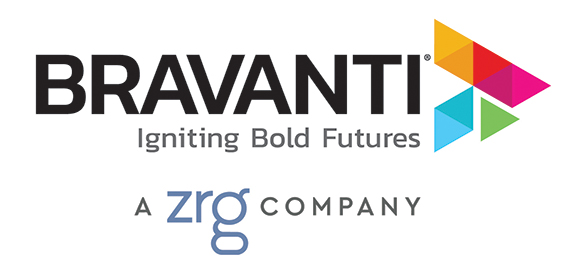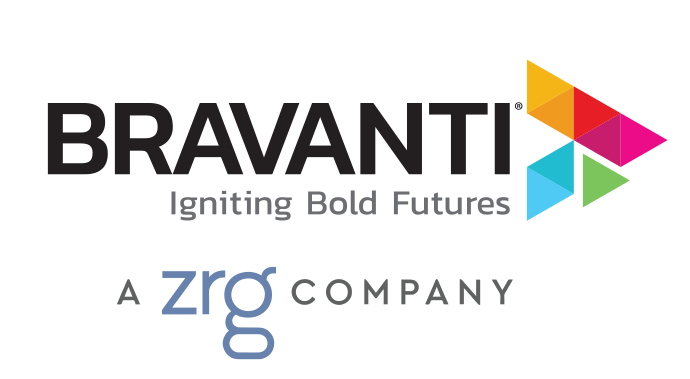By Joan Olson
This article is part of our Talent Tips series, a selection of short, actionable, and targeted tips related to common leadership challenges. Each tip is written by one of our Bravanti expert coaches or team members to help you grow as an individual and leader.
Science shows that there are complex neural networks in your head, heart, and gut. When preparing for your next job interview, why not consider tapping into this brain science to help give you an edge that some other candidates might not even think about?
It can be helpful and an important angle to use so that you appeal to the interviewer’s “three brains” by showcasing that you’re the ideal candidate for the position.
Appeal to the Head Brain with Logic
The head brain, responsible for logical processing and analytical thinking, plays a critical role in job interviews. When you articulate your accomplishments with clear, quantifiable evidence, you engage the interviewer’s logical side. This approach is crucial, especially in fields that highly value data-driven results and critical thinking skills.
To appeal to the head brain, don’t just recite your past experiences during the job interview. Provide specific examples of your experiences and the successes that you’ve had. Share proof of your work: “I exceeded sales by 25% for five consecutive years and won ‘Best Salesperson of the Year’ each of those years.”
Win Over the Heart Brain with Emotion
Emotionally resonating with the interviewer can be as important as showcasing your skills. By sharing stories that reveal your personality, resilience, and values, you make a memorable impression. This emotional connection can be particularly effective in roles that require teamwork, empathy, and interpersonal skills.
To win the heart of the interviewer, use “STAR stories” in response to questions that start with, “Tell me about a time when . . . .” The situation, task, action, result answer format is widely used to demonstrate that you have a grasp of the experience and will tap into the heart brain by sharing specific behaviors and emotions. You can also use a metaphor to appeal to the heart brain, like “We were behind the eight ball on a project when the deadline was moved up by three months and we still completed it on time.”
Engage the Gut Brain with Intuition
Harnessing intuition in a job interview involves reading the room and adapting your approach. This might mean matching the interviewer’s enthusiasm, being more reserved, or showing confidence without being overbearing. A balanced approach can create a sense of comfort and trust, crucial in roles requiring good judgment and adaptability. Science shows that people enjoy other people who are similar to themselves. Try to build rapport with the interviewer by subtly mirroring their energy level, body posture, and gestures.
Engage your next interviewer with these tips, making sure to not focus solely on the head brain, but also the heart and gut brains! Additionally, remember that each job interview is unique, and adapting your approach to the specific company culture and the interviewer’s demeanor can further enhance your chances of success. By understanding and applying these principles of brain science, you are not just answering questions but also strategically appealing to different aspects of the interviewer’s decision-making process.

